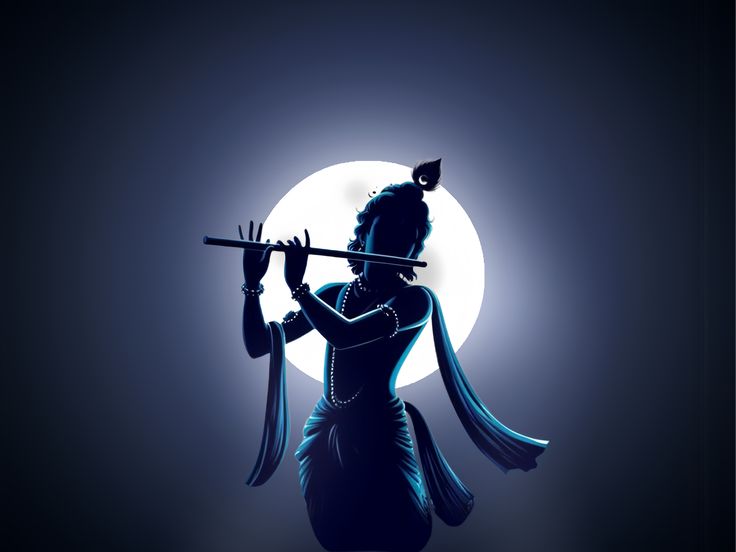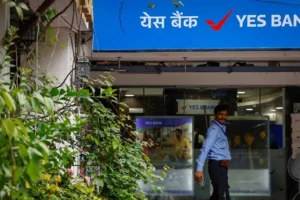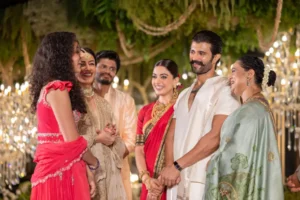
Krishna Janmashtami, popularly known as Gokulashtami, is one of India’s most important festivals, whose celebration traditionally takes place with deep jubilance and piety not only throughout India but also around the world. This festival commemorates the birth of Lord Krishna, the eighth avatars of Lord Vishnu, who since time immemorial has been worshipped for his wisdom, bravery, and leela, which is divine sportiveness.
1.Historical Importance
Janmashtami is celebrated on the eighth day, called Ashtami of Krishna Paksha, which falls in Shravana or Bhadrapada months of the lunar calendar. In Hindu mythology, Lord Krishna was born in Mathura in the prison cell of Devaki and Vasudeva. According to legend, they were kept in this prison cell by Devaki’s brother, King Kansa, who had put them there. It is believed that Krishna’s birth was destined to put an end to the cruelty of Kansa and reinstate dharma or righteousness.
Celebrations all over India. The festival of Krishna Janmashtami is celebrated differently in various parts across the length and breadth of India, with each region adding its distinctive cultural hue to the festivities.
2. Mathura and Vrindavan
Mathura, the birthplace of Krishna, and Vrindavan, where he spent his childhood, are the main centers of Janmashtami celebration. The temples at these places are nicely decorated with flowers and lights. Devotees perform Rasleela, in which there is a dramatic representation of the life events of Krishna and his fun with gopis/milkmaids. Another important aspect is the Abhishek of Krishna at midnight with the chanting of the Vedic hymns and the sound of the conch shell.
3.Maharashtra
The festival has an event named Dahi Handi in which boys make human pyramids to break a pot filled with curd, which symbolizes Krishna’s love for butter. The event is most famous and includes a lot of eagerness and competition.
4.Gujarat and Rajasthan
One-day fasting and night-long vigils with bhajans and dance performances characterize the occasion in Gujarat and Rajasthan. Elaborate decorations are done in temples, and an idol of Krishna is put in a cradle to signify his birth.
5.Rituals and Traditions
The rituals of Krishna Janmashtami are imbued with symbolism and the devotion of the worshippers.
6.Fasting and Vigil
Devotees fast rigorously on the occasion of Janmashtami and avoid grains and some food items in their fast. The fast was broken at midnight only, which is supposedly the time Krishna was born. All through the day, devotees indulge in singing bhajans, reading scriptures, and performing pujas by their side.
7.Abhishek and Puja
Abhishek, also called as Abhisheka or Abhishekam, in the midnight is perhaps the biggest ritual of the celebration in which an idol of Krishna is given a bath made up of milk, yogurt, honey, ghee, and water². This is followed by dressing the idol in new clothes and offering a variety of sweets and fruits.
8.Dahi Handi
Maharashtra: One of the prime attractions in the state of Maharashtra is the event named Dahi Handi. In this event, a pot is filled with quite a large quantity of curd, butter, and other milk-based products and hung high above the ground, and young men try to form pyramids. Then they try to break this pot by reaching it with the help of the pyramids. This event is a kind of re-enactment of Krishna’s childhood pranks of stealing butter.
9.Global Celebrations
Krishna Janmashtami is a festival celebrated in India as well as by the Hindu communities living outside India. The temples in Nepal, Bangladesh, Fiji, United States, and many other countries have elaborate celebrations where thousands of devotees congregate to celebrate the birth of Krishna.
10.Conclusion
Krishna Janmashtami is one of those festivals that crosses regional boundaries for devotees and unifies them in their love and veneration of Lord Krishna. The festivity, the rich tradition, and intense spiritual context involved create a special moment for millions. The essence of Janmashtami for the follower resides in the joy and piety the festival ushers into the heart, whether it is by fasting or through songs in Dahi Handi.






